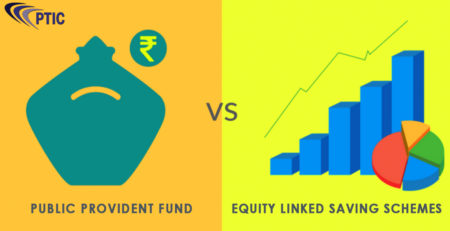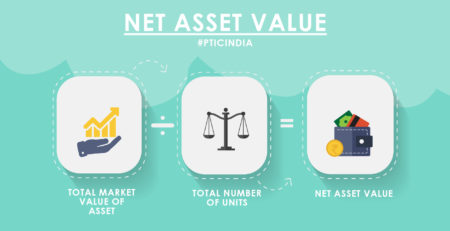Saving on taxes appeals to every working individual. It puts more cash in your pocket to spend or save however you see fit. For most people, tax-saving investments tend to happen arbitrarily, and more often than not, at the last minute. However, if you give your little time to plan your investments, except saving taxes. These planned investments help you to get your overall financial goals as well.
There is no good or bad tax advantage in investments. This choice totally depends on you that what you want from your investment. So before you invest, always consider the tax benefits; and how the scheme is fulfilling your requirements.
Equity or debt?
Equity and Debt-oriented funds may be your Tax-saving instruments. For example, ELSS is an equity-related investment. Many others, such as NSC (National Saving Certificate) are debt-oriented fund. Always choose a product that not only provides tax benefit but gives alignment with your overall portfolio’s asset allocations. Investing in an ELSS when your portfolio is oriented towards debt will introduce an element of risk that you may be unwilling to take.
Invest for your goals:
Your tax-oriented investments are part of your portfolio, and as such have to be aligned with your goals as far as possible. If your goals are long term, then investments that give compounding benefits, such as PPF, or equity-oriented investments, are ideal.
Income and saving ability:
Keep your saving and Financial goals primary; tax-saving is secondary. After all, what you earn and save determines how much benefit one can take through these tax-saving instruments. If saving is low, then one may not be able to avail the full benefit available.
Maximize tax benefits:
Explore all tax benefits available and use the ones that are most useful. There are a wide array of investments that you can select from. Evaluate the featuresórisk and return, tenor and lock-in, flexibility in making the investment and receiving returnsóand align them to your particular circumstances in terms of ability to take risks, need for liquidity and investment horizon.
Look beyond the popular tax saving instruments to find ones that really suit your needs. For example, you may be better served by utilizing the increased deduction of up to Rs.25,000 available on premiums paid on health insurance to provide health coverage to your family, or shoring up your retirement corpus by using the additional benefit of Rs.50,000 available on NPS.
Plan your investments, whether they provide tax benefits or not, as a whole, keeping your goals and financial situation in mind. Donít sees the money saved on taxes as free money only to spend as you please; use it to catch up with your financial goals.










